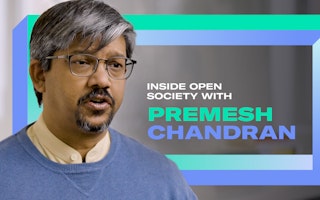Facing the Past and Apology
By Gökçe Tüylüoğlu
A public apology can offer the potential for reparation or a new beginning. It’s an opportunity that should not be wasted.
Cynical apologies risk hurting again the aggrieved, who may have borne suffering for generations. Abstract apologies that lack clarity in terms of the action they refer to, on whose behalf they are issued, or who is being addressed, constitute weak and futile gestures. Such an attempt to alleviate the burden of the past only buries the hope of a new beginning deeper.
We believe that we should approach Turkey’s apology agenda with this caution, this delicacy, as well.
An online campaign, “I apologize to the Armenians,” launched in Turkey in 2008, aimed to address the 1915 mass killing of Armenians in what is now Turkey. It was criticized by some for employing the euphemism “Great Catastrophe,” rather than the term genocide, and for seemingly personalizing what should be recognized as a national burden of responsibility.
As one of the signatories of the petition myself, I think that this criticism should be faced. Openness to criticism represents the openness to face the addressee of the apology.
The experience of apology can move forward not with one-sided operations, but with discussion and dialogue. If it is a constructive act, apology assumes meaning with the change it initiates.
With the online exhibition Never Again: Facing the Past and Apology, we invite visitors to consider both the personal and political aspects of apology. Through documents and images, the site shares inspirational stories of those who made history by taking responsibility for past wrongdoings in eight countries: Australia, Britain, Bulgaria, Chile, France, Germany, Serbia, and the US.
Our aim is to encourage people to rethink their past by drawing inspiration from cases with similar roots to the political issues being faced in Turkey.
View the online exhibit Never Again: Facing the Past and Apology.
Gökçe Tüylüoğlu is the former executive director of Open Society Foundation-Turkey.


